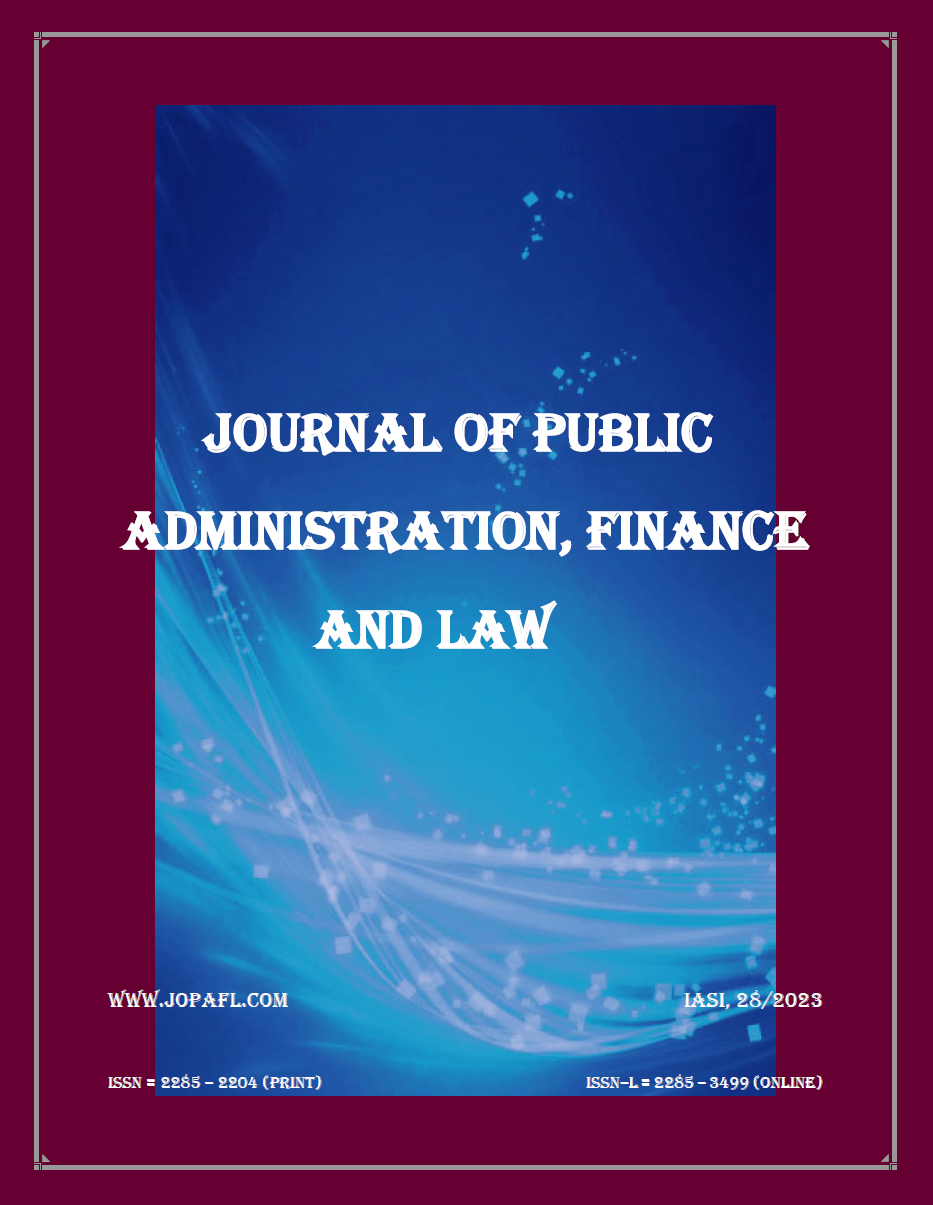NIGERIA-RUSSIAN ECONOMIC RELATIONS IN THE POST-COLD WAR ERA: CURRENT DYNAMICS AND FUTURE PROSPECTS
NIGERIA-RUSSIAN ECONOMIC RELATIONS IN THE POST-COLD WAR ERA: CURRENT DYNAMICS AND FUTURE PROSPECTS
Author(s): Kasoro Kelvin OVEFIA, Abraham E. ORHEROSubject(s): Politics / Political Sciences, Politics, International relations/trade, Geopolitics
Published by: Editura Tehnopress
Keywords: Economic relations; Post Cold War; Cooperation; Prospects; Challenges;
Summary/Abstract: Post-Soviet Russia pursues very difficult foreign policy objectives in its interactions with African countries and frequently uses alliances, partnerships, and formal and informal networks created during the Cold War. One can see a persistent continuity in Russia's efforts to position itself as the West's adversary. By the time of its collapse in 1991, the Soviet Union had largely lost its sway and prominence in Nigeria. The relationship between Russia and Nigeria has developed over time, reaching a pinnacle with the visits of Russian President Dmitri Medvedev to Nigeria in 2009 and President Olusegun Obasanjo of Nigeria to Russia in 2001. Under Vladimir Putin, Russia has given up advancing socialism in favor of pursuing base economic interests through its business elite, based on principles that seem to be in direct opposition to the norms of Western liberalism. Without a doubt, the post-Cold War bilateral relations between Nigeria and Russia have experienced both good and difficult times. Therefore, using traditional diplomatic theory as a guide to trace the history of the two countries' diplomatic ties, this paper evaluates the economic ties between Nigeria and Russia from a historical perspective. In conclusion, It is desirable that Nigeria and Russia take their bilateral relations to a new level of active cooperation in crucial and strategic economic sectors, even though there are still many gains to be made in terms of media and cultural exchanges as well as some trade-friendly policies on the part of the Russian government to allow for more Nigerian exports. As a result, the paper makes recommendations on how the two countries can strengthen their economic ties to promote closer collaboration in important and strategic areas.
Journal: Journal of Public Administration, Finance and Law
- Issue Year: 2023
- Issue No: 28
- Page Range: 382-392
- Page Count: 11
- Language: English

